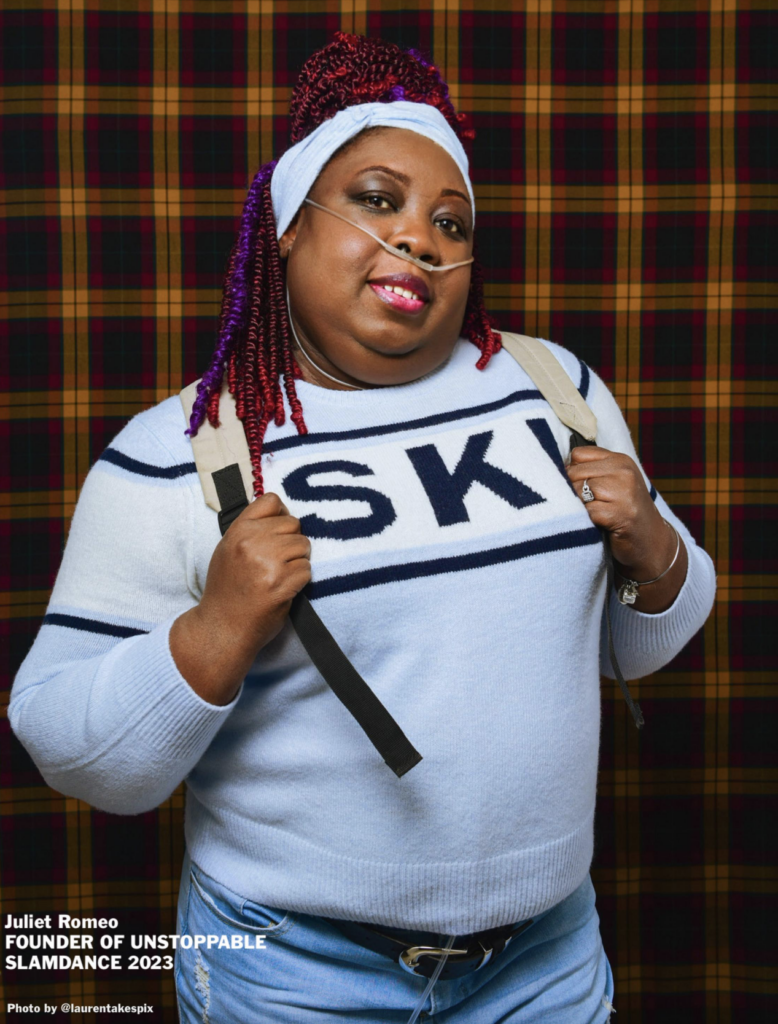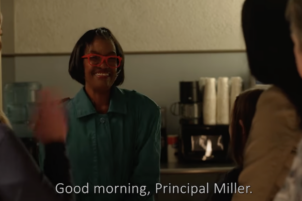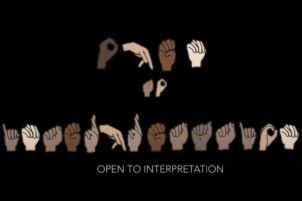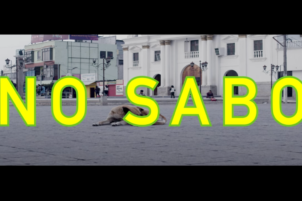
Photo Credit: Lauren Desberg and Slamdance
Salt Lake City, Feb 3 – Juliet Romeo (she/her) is a disabled filmmaker based out of Miami, Florida. Along with being a creative (and 2021 Respectability Lab alumna), Romeo is an advocate for disability representation on screen and accessibility at film festivals. She is the founder and a programmer for Slamdance’s Unstoppable. Unstoppable features films made by filmmakers with visible and invisible disabilities and is exclusively programmed by people with disabilities. This year, Unstoppable held its first in-person showcase while continuing to stream online as it did the previous two years.
During a discussion about her journey to Unstoppable, Romeo recalled a time in 2015 when she was working on her documentary chronicling her personal journey with disability and decided to go to her first film festival. It was the “first time taking a trip where it wasn’t conducive to my disability.”
In the years following, her experiences at film festivals became increasingly worse and she thought there must be a way to step up festivals differently. When her film went into the festival circuit in 2019, she hoped that she would be able to have influence over the accessibility at the festivals that accepted her film. When that didn’t happen, she began writing a proposal for an accessible festival and told a friend the next time I go to a festival “it will be because I have a platform. People will be asking me to speak. People will be driving me door to door.” Four years later, those very things happened at Slamdance.
In 2020, Romeo met with Slamdance founder Peter Baxter and asked him about what accessibility looked like at his festival. When it became clear that there was room for improvement, Baxter partnered up with Romeo and Unstoppable was born. When discussing the importance of having Unstoppable programmed by people with disabilities, Romeo credited Slamdance for being unique in its ways: “it’s for filmmakers programmed by filmmakers. It was a natural transition that we could focus in on disabled filmmakers.” So that first year, five disabled filmmakers came together and curated the first Unstoppable line up.
Unstoppable prioritizes being as accessible as possible to filmmakers and audiences alike while still remaining competitive as a festival. In Unstoppable’s first few years online, it was obvious that virtual options are necessary to be as accessible as possible. It is not always possible for people with disabilities to leave their homes and travel. Romeo heard from many disabled audience members that it was the first time they were ever able to participate in a festival and as she argued in the interview “if people can’t attend but will watch, why not take their money?”
As for the filmmakers, Romeo says, “We try to do our best at making it accessible [such as waiving submission fees]. The community is already underserved and underrepresented, but give a level playing field and then let us compete.”
Romeo wants Unstoppable to be “a game changer” and hopes that giving a platform for disabled stories will do just that. If the industry wants to tell new stories, it needs to look in new and overlooked places, such as the disabled community.
This year, Romeo experienced the accessible in-person Slamdance Film Festival. While reflecting on her experience, she said it was emotional and “really beautiful to be with the first group of filmmakers I felt very connected to [… and it was possible] because we found a space at the University of Utah that could accommodate us.”
She also mentioned that it was “important for us to be at the student film level so when they graduate, it is just normal for them to be accessible and authentically casted.” Unstoppable will hopefully inspire the next generation of filmmakers, especially disabled filmmakers.
When looking toward the future, Romeo wants to help create more of these spaces. “I’ve said since the beginning that this would be a blueprint for other festivals to follow.”
She is very open to sharing what she knows and giving advice on how to become more accessible with any festival that is willing to listen. Romeo also is interested in figuring out the ways to bring disability allies, who want to celebrate disability in their stories, into the fold.
As for what’s coming next for Romeo, she is a Communications Apprentice this spring at RespectAbility as well as continuing to be unstoppable!







